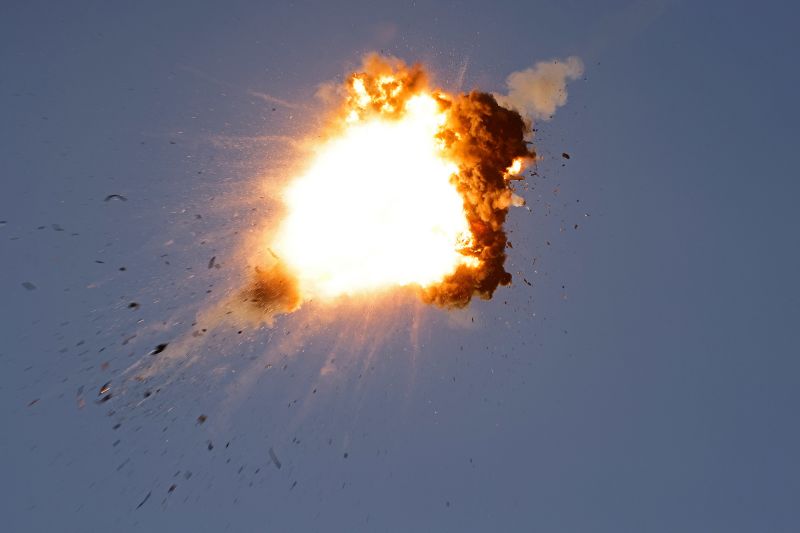In a region that has long been marred by conflict and instability, tensions often run high in the Middle East. Recent developments have brought about rising concerns of a potential regional war, with various countries on edge and preparing for the worst. However, despite the heightened state of alert and saber-rattling, there seems to be a collective reevaluation among key players in the region, potentially pulling back from the brink of all-out conflict – at least for now.
One of the primary instigators of regional tensions has been the longstanding rivalry between Saudi Arabia and Iran. The two major powers in the Middle East have been engaged in a proxy war for influence, fueling conflicts in countries such as Yemen and Syria. The recent attacks on Saudi oil installations, which were attributed to Iran by the United States, further escalated tensions and raised fears of a direct confrontation between the two regional giants.
In response to these provocations, Saudi Arabia and its allies ramped up their rhetoric and military posturing, vowing to defend themselves against any aggression. The United States has also taken a firm stance in support of its Gulf allies, deploying additional troops and military assets to the region as a show of force.
Iran, on the other hand, has adopted a defiant posture in the face of mounting pressure. The country has continued to assert its right to self-defense and denounce what it perceives as acts of aggression by its adversaries. Iranian officials have warned of dire consequences in the event of a military conflict, signaling their readiness to respond to any threats with full force.
Amidst the escalating tensions and war of words, there have been signs of a cautious de-escalation in recent days. The leaders of Saudi Arabia and Iran have expressed a willingness to engage in dialogue and explore diplomatic solutions to defuse the crisis. This shift in tone is a welcome development that offers a glimmer of hope for peace in the region.
Furthermore, the international community has played a crucial role in urging restraint and facilitating communication between the conflicting parties. Diplomatic efforts by countries such as Oman and Iraq have helped to open channels of communication and pave the way for potential dialogue between Saudi Arabia and Iran. The United Nations and other global actors have also called for a peaceful resolution to the crisis, emphasizing the need for dialogue and de-escalation.
While the situation in the Middle East remains highly volatile and unpredictable, there are reasons to be cautiously optimistic about the prospects for peace. The recent steps taken by key actors to seek diplomatic solutions and avoid further escalation are encouraging signs that a regional war may be averted – at least in the immediate future.
In conclusion, the Middle East is at a critical juncture, with the potential for a regional war looming large. However, the recent diplomatic overtures and de-escalation efforts offer a glimmer of hope for peace and stability in the region. By prioritizing dialogue and engagement over confrontation, key players in the Middle East can chart a path towards a more peaceful future for all.

